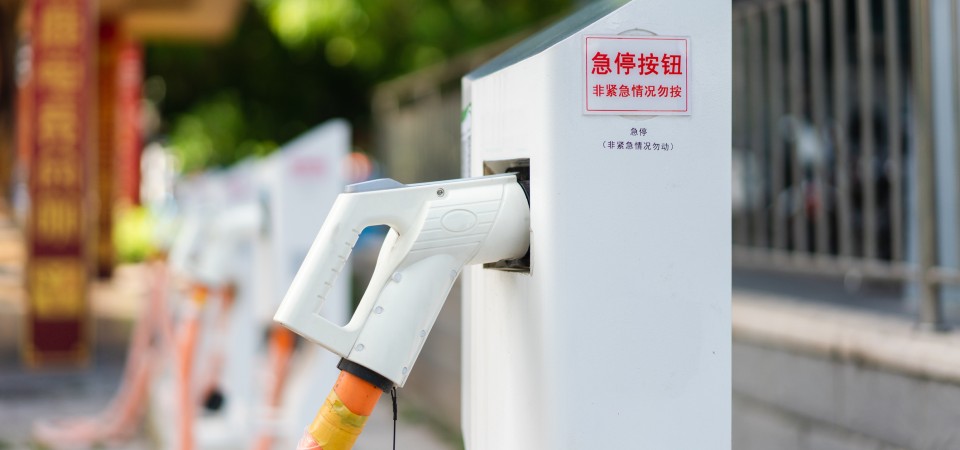Despite the pandemic, global sales of electric vehicles (EVs) increased by 43% in 2020. Total EV sales in China were 1.3 million, an increase of 8% compared to 2019, and 41% of all EVs sold worldwide. Though Europe sold more than China for the first time since 2015, China is still the world’s biggest national market for EVs.
The best-selling EV in China is not Tesla’s Model 3, but the tiny Hongguang Mini EV, produced by SAIC-GM-Wuling Automobile, a joint venture between China’s state-owned SAIC Motor, US carmaker General Motors and another Chinese company, Wuling Motors.
The conglomerate positions the car as “the People’s Commuting Tool” in its advertising, with a starting price of 28,800 yuan (about US$4,485, or £3,200) and a fully charged driving range of 120km. Since its debut in July 2020, the Hongguang Mini EV has sold over 270,000 units and was the best-selling EV worldwide in January 2021.
This was quite a surprise, as Chinese consumers have traditionally preferred larger models with internal combustion engines. But our recent research on consumer preferences in China reveals significant market opportunities for EVs in small cities and how innovative business models could encourage even more people to ditch their fossil-fuelled cars.
EVs in big and small cities
China aims to reach a peak in its carbon emissions before 2030 and achieve carbon neutrality by 2060. Since 2009, the Chinese government has offered subsidies and tax waivers and built charging points to encourage EV buyers and manufacturers.
But those subsidies are now drying up. Finding out what Chinese motorists like in EVs could tell us what’s behind growth in the world’s largest national market, and whether it’s likely to continue or stall. This matters not only for China but the rest of the world. China has been the world’s largest emitter since 2006, and internal combustion engine cars are among the biggest sources of carbon emissions globally.
Continues…

For the full article visit the Conversation.
ENDS
Notes for editors
Press release reference number: 21/157
Loughborough is one of the country’s leading universities, with an international reputation for research that matters, excellence in teaching, strong links with industry, and unrivalled achievement in sport and its underpinning academic disciplines.
It has been awarded five stars in the independent QS Stars university rating scheme, named the best university in the world for sports-related subjects in the 2020 QS World University Rankings and University of the Year by The Times and Sunday Times University Guide 2019.
Loughborough is in the top 10 of every national league table, being ranked 7th in the Guardian University League Table 2021, 5th in the Times and Sunday Times Good University Guide 2020 and 6th in The UK Complete University Guide 2021.
Loughborough is consistently ranked in the top twenty of UK universities in the Times Higher Education’s ‘table of tables’ and is in the top 10 in England for research intensity. In recognition of its contribution to the sector, Loughborough has been awarded seven Queen's Anniversary Prizes.
The Loughborough University London campus is based on the Queen Elizabeth Olympic Park and offers postgraduate and executive-level education, as well as research and enterprise opportunities. It is home to influential thought leaders, pioneering researchers and creative innovators who provide students with the highest quality of teaching and the very latest in modern thinking.

